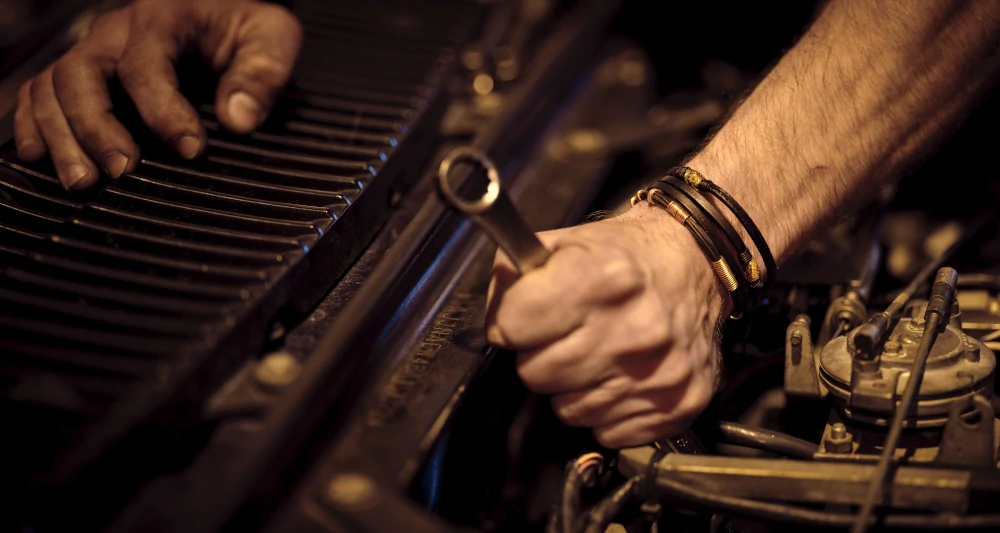Financial Planning for Car Owners: Budgeting for Maintenance and Repairs

As car owners, we cherish the freedom and convenience that our vehicles provide us. However, along with the joy of ownership comes the responsibility of maintaining and repairing our beloved cars. Regular maintenance is essential to keep our vehicles running smoothly and to extend their lifespan. Additionally, unforeseen repairs may arise, and being financially prepared for such expenses is crucial. In this blog post, we will delve into the importance of financial planning for car owners, with a focus on budgeting for maintenance and repairs.
The Significance of Car Maintenance
Regular maintenance is akin to a preventive health check-up for our cars. It involves routine inspections, fluid changes, filter replacements, tire rotations, and more. Proper maintenance not only ensures optimal performance but also prevents minor issues from escalating into major problems that could be expensive to fix. Neglecting maintenance can lead to premature wear and tear, reduced fuel efficiency, and even safety hazards.
Setting Up a Car Maintenance Budget
- Assess Your Car's Maintenance Schedule: Familiarize yourself with your vehicle's manufacturer-recommended maintenance schedule. This will provide a clear idea of the services and replacements required at different mileage intervals.
- Calculate Annual Maintenance Costs: Based on the maintenance schedule and the average costs of services in your region, estimate the total annual maintenance expenses. Divide this amount by 12 to arrive at a monthly budget.
- Set Up an Emergency Fund: In addition to the regular maintenance budget, create an emergency fund specifically for unexpected repairs. Experts suggest setting aside 5% to 10% of the car's value for this purpose.
Tips to Minimize Maintenance Costs
- DIY vs. Professional Servicing: For simple tasks like changing wiper blades or air filters, consider performing them yourself to save money. However, for complex procedures, entrust the vehicle to certified mechanics who possess the necessary expertise.
- Follow Good Driving Practices: Gentle driving habits, avoiding sudden accelerations and stops, and adhering to speed limits can minimize wear and tear on your car's components, ultimately reducing maintenance needs.
Budgeting for Car Repairs
Even with diligent maintenance, unforeseen repairs may arise due to accidents or unexpected part failures. These repairs can range from minor dents to major mechanical issues, and being financially prepared is essential.
- Establish a Repair Fund: Set up a separate fund for potential repairs. As mentioned earlier, aiming for 5% to 10% of the car's value is a prudent starting point.
- Consider Extended Warranties: If your vehicle is relatively new or still under warranty, explore the option of extending the warranty. Extended warranties can provide additional coverage for repairs beyond the original warranty period.
Financial planning is a crucial aspect of responsible car ownership. By budgeting for maintenance and repairs, car owners can ensure their vehicles stay in top condition and avoid unexpected financial burdens. Regular maintenance not only enhances the performance and safety of the car but also contributes to its longevity. Simultaneously, setting up an emergency repair fund can provide peace of mind, knowing that you are financially equipped to handle unexpected repairs. Remember, a well-maintained vehicle not only retains its value but also provides a safer and more enjoyable driving experience for you and your loved ones. So, let's embrace financial prudence and keep our cars running smoothly on the road for years to come.
